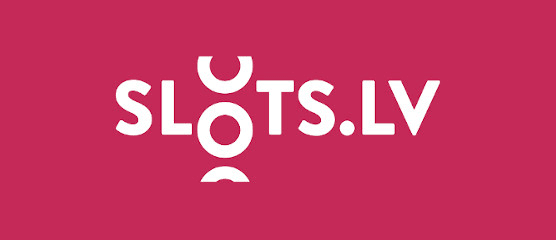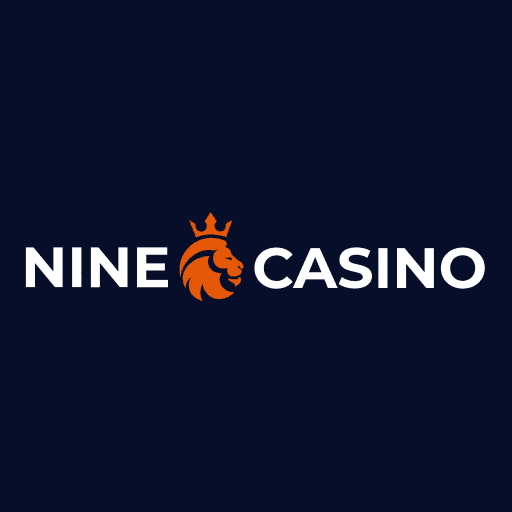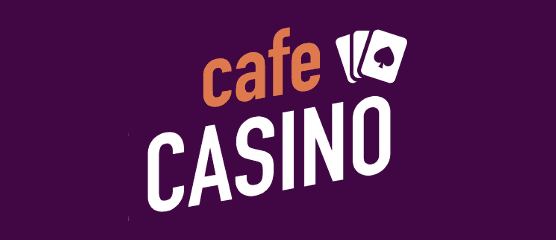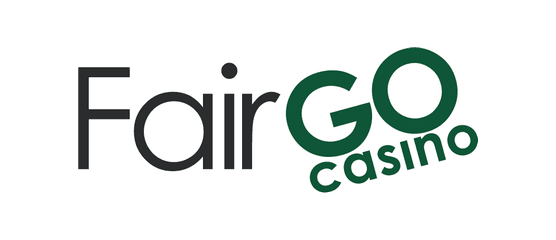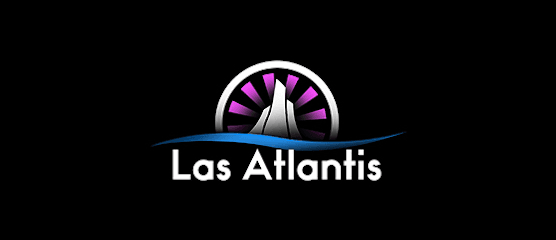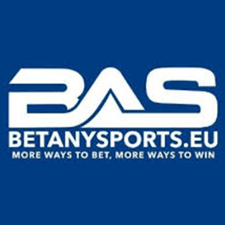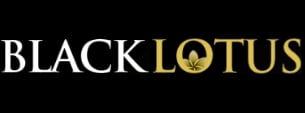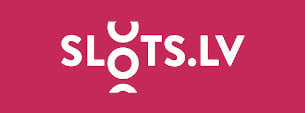#1 Casino
Online Casinos in Minnesota: Legal Status in 2026
Real money online casinos are not legal in Minnesota in 2026, and you have plenty of legal ways to play right now. Enjoy social & sweepstakes casinos online, visit world-class tribal casinos on tribal land, and use state-regulated lawful gambling and lottery products.
How We Rate
Affiliate Disclosure
What’s Legal in Minnesota Right Now?
Minnesota permits social & sweepstakes casinos online, tribal casinos on tribal land, and state-regulated, lawful (charitable) gambling and lottery. If you want a quick plan, use these three legal paths:
Social & Sweepstakes Casinos Online: Play with virtual currencies; redeem sweeps coins for cash when site rules are met.
Tribal casinos in person: Marquee options near the Twin Cities include Mystic Lake and Treasure Island.
Lawful gambling & lottery: Bingo, raffles, pull-tabs, tipboards, and state lottery under Minnesota oversight.
Where Are Real Money Online Casinos Legal in the US?
Currently, only seven US states offer fully regulated online casinos: Connecticut, Delaware, Michigan, New Jersey, Pennsylvania, Rhode Island, and West Virginia. In these states, operators must meet strict licensing and security requirements, giving players a safer, and more transparent environment to gamble online. This contrasts with the many states where online casino gaming remains unregulated or not permitted.
Can I Bet Sports Online in Minnesota?
No. The 2025 legislative session ended without legalizing sports betting. Track status changes through official state updates and trusted news outlets.
Who Regulates Gambling in Minnesota?
The Minnesota Gambling Control Board (GCB) regulates lawful (charitable) gambling and publishes rules, forms, and guidance. Use the GCB homepage and the "Start here" hub for definitions, permits, and contacts.
What Do Minnesota Laws Say About Gambling and Online Casinos?
Minnesota Statutes Chapter 609 defines gambling and lists criminal offenses tied to illegal gambling, lotteries, and sports bookmaking. Read these sections for the current language:
§609.75: Definitions (terms like “lottery” and “gambling device”).
§609.76: Offenses (operating a gambling place, conducting a lottery, sports bookmaking).
Any Recent Enforcement Updates?
Yes. On November 5, 2025, the Minnesota Attorney General directed 14 illegal gambling websites, including social sweepstakes casinos and offshore sportsbooks, to stop serving Minnesotans. Review the AG’s public notice and letters for the official details.
Where Can I Play at Minnesota Casinos in Person?
Minnesota casino gambling happens at tribal properties with large gaming floors, hotels, and entertainment. If you’re near the Twin Cities, set your sights here:
Mystic Lake Casino Hotel (Prior Lake): Minnesota’s largest casino resort with slots, blackjack, bingo, hotel, spa, golf, and shows.
Treasure Island Resort & Casino (Welch): About 1,800 slots, 40 table games, poker room, and bingo.
What’s the Minimum Age to Gamble?
The general minimum age for lawful (charitable) gambling is 18, and many venues that serve alcohol set entry or play at 21. Check the posted policy of the specific casino before you go.
How Do Social and Sweepstakes Casinos Work in Minnesota?
You play with virtual currencies and redeem sweeps coins for cash after meeting the site’s eligibility and redemption rules. Lock in these three mechanics:
Two-Currency Setup: Gold coins for entertainment; sweeps coins for contest entries that enable cash redemption.
Free-Entry Routes: Daily login bonuses or mail-in methods listed in each site’s rules.
Redemption Requirements: Identity verification and playthrough criteria stated by the operator.
Need Help with Gambling?
Help is free, confidential, and available 24/7 in Minnesota. If gambling stops being fun, use these contacts now:
Minnesota Problem Gambling Helpline: 1-800-333-HOPE (4673). Call anytime.
Text support in Minnesota: Text “HOPE” to 53342. Get guidance by text.
National Problem Gambling Helpline: 1-800-522-4700, text 800GAM, or chat online. Immediate connection to local resources.
Do this now if you need support:
Call or text one of the helplines above.
Set a plan with a trained counselor (budget limits, timeouts, support groups).
Tell a friend or family member to build accountability.
Use blocking tools (device-level and payment limits) to reduce triggers.
Stay Safe and Enjoy Minnesota Gaming
Play within Minnesota law, choose permitted options, and check official sources for updates. For the latest changes, use the Minnesota Gambling Control Board website, the Revisor’s statute pages, and the Attorney General’s news posts.
Minnesota Online Casino FAQs
Are real money online casinos legal in Minnesota?
No. Real money iCasinos are not legal in Minnesota in 2026. Play legally through social and sweepstakes casinos online or at tribal casinos on tribal land.
Which Minnesota laws define gambling and offenses?
Minnesota Statutes §609.75 (definitions) and §609.76 (offenses) govern gambling. Use them to verify what counts as gambling, gambling devices, lotteries, and sports bookmaking.
Who regulates gambling in Minnesota?
The Minnesota Gambling Control Board (GCB) regulates lawful/charitable gambling. Tribal casinos operate under tribal–state compacts on tribal land.
What changed in 2026?
The Minnesota Attorney General ordered 14 illegal gambling sites to stop serving Minnesotans. The action targeted offshore sportsbooks and social sweepstakes sites operating without state authorization.
Where can I gamble near Minneapolis–Saint Paul?
Mystic Lake (Prior Lake) and Treasure Island (Welch) are the flagship tribal casinos near the Twin Cities. Expect large slot floors, table games, poker, bingo, hotels, and entertainment.
Is sports betting online legal now?
No. Sports betting did not pass in the 2026 session. Retail and online sportsbooks remain unavailable in Minnesota.
Where are online casinos legal today?
Seven states offer regulated iCasino: CT, DE, MI, NJ, PA, RI, and WV. If you want a legal online casino experience, you need to be physically located within one of these states while playing.
Our Favourite Casinos



















